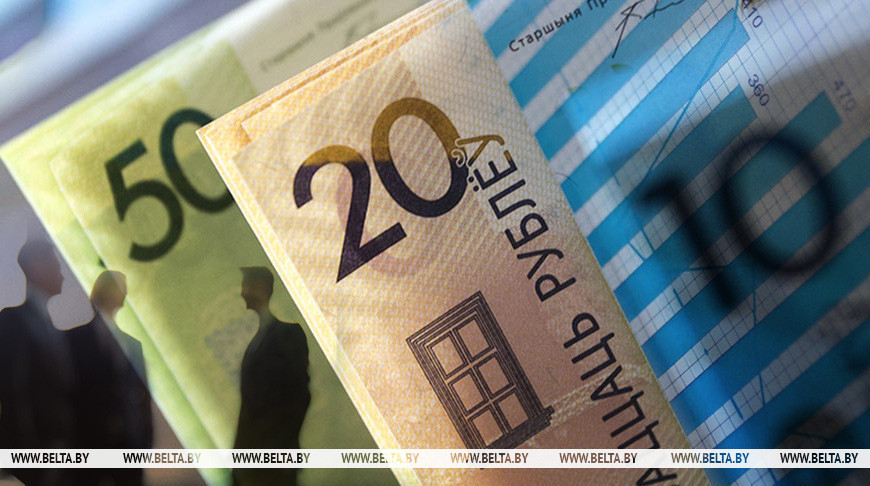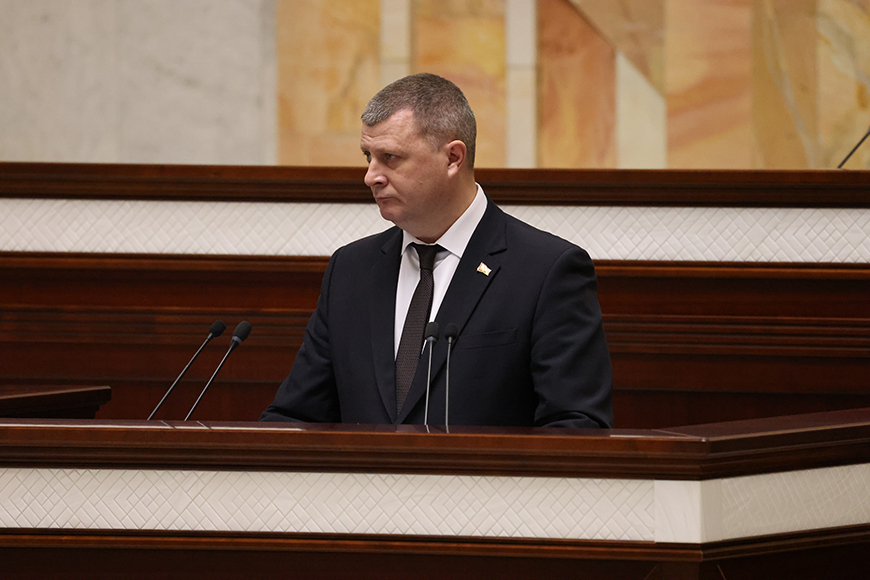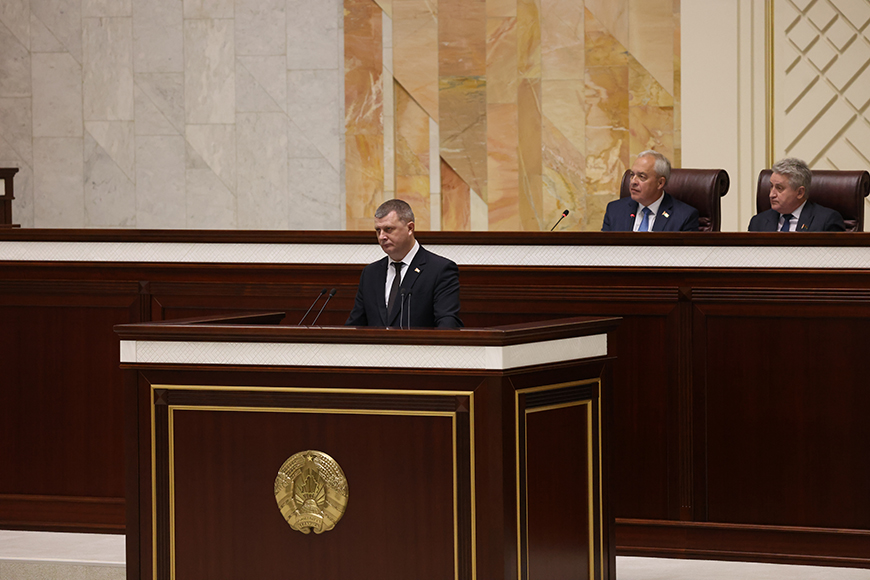
MINSK, 24 November (BelTA) - The bill on the national budget 2026 has passed its first reading, BelTA has learned.
The bill and the estimated indicators for the budgets of the regions and the city of Minsk for 2026 are based on the program documents for the country's social and economic development, taking into account the current economic situation.
The key task for the public finance sector next year will be to ensure economic growth in order to strengthen existing social guarantees and reduce regional disparities, according to the Standing Commission on Budget and Finance of the House of Representatives,.

According to the 2026 budget bill, revenues are projected at Br54,384.3 million, which is 12.4% higher than the estimated revenues for 2025.
The main sources of tax revenue for the national budget are value-added tax, excise duties, and tax revenues from foreign economic activity.

Expenditures are set at Br58,733.2 million, representing an increase of 10.4% compared to the expected execution for 2025.
In 2026, the social focus of the budget expenditures will be maintained. The priorities are education and healthcare, measures to improve the population's quality of life and support large families. The family capital program is estimated in the amount of Br279.9 million. A significant part of the budget will consist of expenditures on labor remuneration, pensions, scholarships, benefits, other payments, and funds for fulfilling state social standards.
In 2026, the national budget is expected to run a deficit of Br4,348.9 million.
Overall, the framework for the formation and use of financial resources is designed to achieve the tasks in line with state priorities.
The bill and the estimated indicators for the budgets of the regions and the city of Minsk for 2026 are based on the program documents for the country's social and economic development, taking into account the current economic situation.
The key task for the public finance sector next year will be to ensure economic growth in order to strengthen existing social guarantees and reduce regional disparities, according to the Standing Commission on Budget and Finance of the House of Representatives,.

According to the 2026 budget bill, revenues are projected at Br54,384.3 million, which is 12.4% higher than the estimated revenues for 2025.
The main sources of tax revenue for the national budget are value-added tax, excise duties, and tax revenues from foreign economic activity.

Expenditures are set at Br58,733.2 million, representing an increase of 10.4% compared to the expected execution for 2025.
In 2026, the social focus of the budget expenditures will be maintained. The priorities are education and healthcare, measures to improve the population's quality of life and support large families. The family capital program is estimated in the amount of Br279.9 million. A significant part of the budget will consist of expenditures on labor remuneration, pensions, scholarships, benefits, other payments, and funds for fulfilling state social standards.
In 2026, the national budget is expected to run a deficit of Br4,348.9 million.
Overall, the framework for the formation and use of financial resources is designed to achieve the tasks in line with state priorities.













